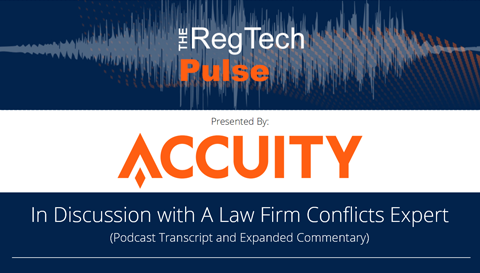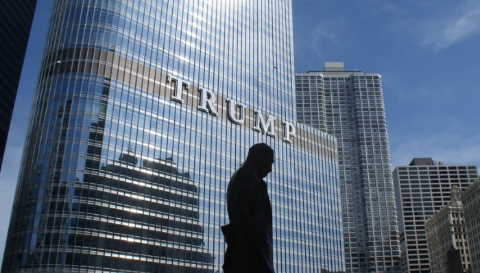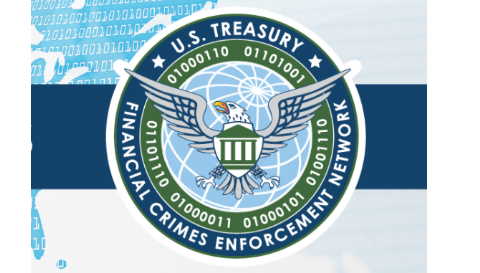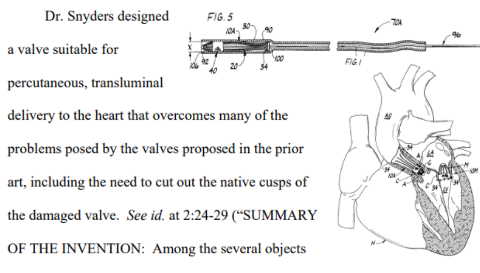Conflicts Conversation — Interview: In Discussion with A Law Firm Conflicts Expert (Sponsor Spotlight)
Posted on
This month’s sponsor thank you features the PDF summary and expanded commentary of a soon to be released audio podcast discussion with conflicts expert Scott Goodwin at Aurora North.
Their discussion explores: current conflicts trends, the pressures facing conflicts teams, the opportunity for innovation in staffing model and technology. Here’s a direct link to the PDF article: “In Discussion with A Law Firm Conflicts Expert” —
- “Firms need to get work done and consistently get more and more work and business in the door — and that dynamic can create more pressure on the conflicts process, for example. At the same time, firms definitely intellectually understand the critical importance of effective risk management. That includes evaluating not only ethical risks, but reputational and financial risks. But there are tensions there as well.”
- “Another area we see firms focusing on is restructuring Conflicts teams. That function has evolved over the years.”
“These are among the reasons why some firms invest in creating more rigorous conflicts approaches, increasingly organizing teams in a centralized model… I’d also note that not every lawyer has the same level of knowledge and training on conflicts. How much time in law school is spent mastering conflicts? There’s some. But it might have been covered in a day, and the knowledge of every lawyer in the firm may not cover the latest developments, thinking, or decisions on the topic.”
“Rather than wholesale, department-wide change, it’s often incremental. Usually those resources start by taking on the duties of reviewing conflicts reports generated by their colleagues, and then helping to resolve potential issues.”
“That’s a great first step, which helps shift the burden away from the billing lawyers, and brings the benefits I outlined earlier, in terms of cost savings and risk management.”
“I think a key emerging area is Artificial Intelligence and intelligent use of data… But it does work, and can really reduce the burden on conflicts in terms of having to manually review hits and result on reports to evaluate which are true conflicts or issues requiring greater review. I really think adoption of this approach and these AI tools is the future of conflicts.”









